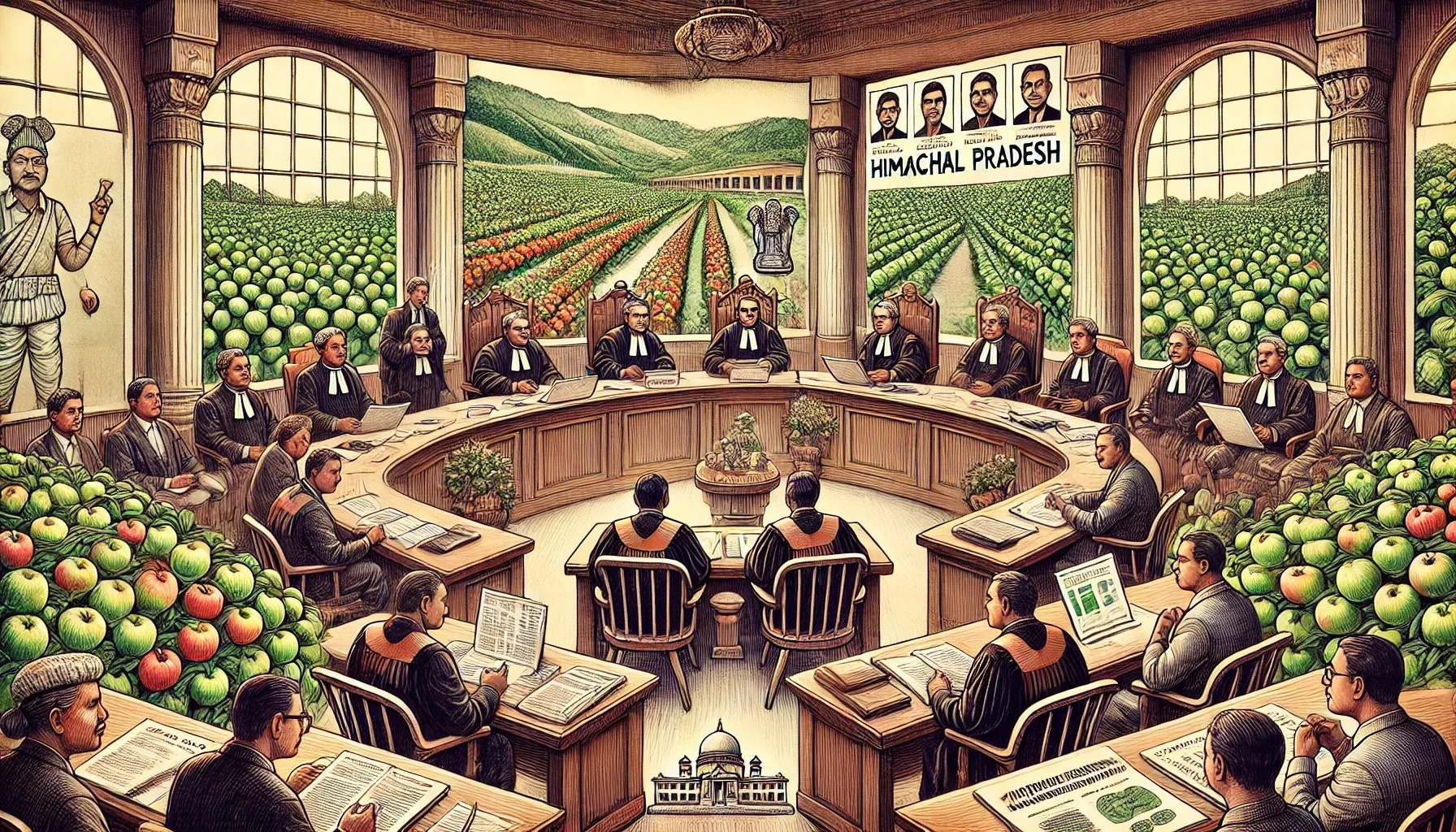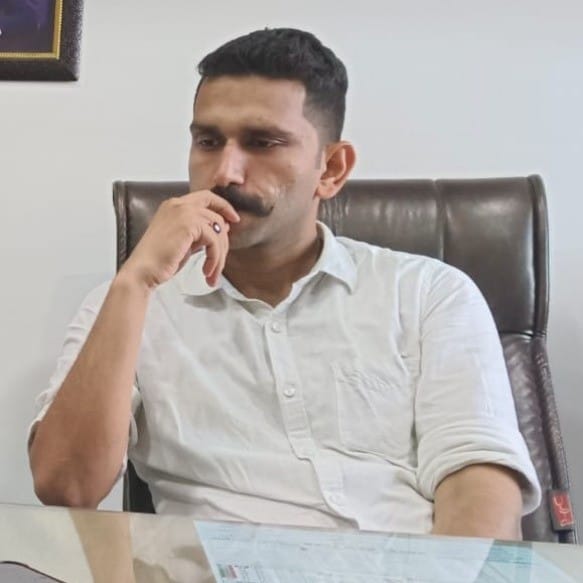Expert evidence must rely on scientific methodology, adequately explained and backed by credible data, allowing courts to independently evaluate its accuracy and reliability

“The expert evidence must be based on a scientifically reliable methodology, adequately explained, and subject to scrutiny to establish its credibility and admissibility in court.”
Citation: AIR 1999 SC 3318
Date of Judgment: 13th September, 1999
Court: Supreme Court of India
Bench: D.P. Mohapatra (J), K.T. Thomas (J)
Facts
- In 1983, the apple orchards in different areas of the State of HP were afflicted by a disease called "scab" rendering the fruits unfit for human consumption. To prevent the financial losses to the growers and the danger to public health if the scab affected apples are sold in markets, the State Government took a policy decision to purchase the diseased fruits and destroy the same.
- Different centers throughout the State by teams headed by a Gazetted Officer of the State Government and Pradhans, Up- Pradhans of the local Panchayats were formed.
- About 30000 tons of Scab affected apples were procured and destroyed at 195 centers set up for the purpose and compensation @ 50 paise per kilogram was paid to the concerned growers.
- On receiving complaints of bungling and misappropriation of Government money, govt appointed one-man enquiry Commission under Mr. Roop SinghThakur, District and Sessions Judge, Shimla.
- Commission found that the bungling had been done in connivance with the members of the team engaged in the procurement and destruction of the fruits. Hence, criminal complaints were lodged against the public servants who were members of the team and also the concerned growers in the court of special judge, Shimla.
- They were charged for offences punishable Under Section 468, 420, 120-B of the Indian Penal Code and Section 5(2) of the Prevention of Corruption Act, 1988.
Decision of the trial court
The trial court judge accepted the testimony of Mr. P.C. Panwar, the District Horticulture Officer, Shimla, who was examined as an expert for assessing the fruit bearing capacity of the orchards in question. Charges under Sections 120-B and 420 IPC were established against all the accused persons and Section 5(2) of the Prevention of Corruption Act read with 120-B IPC against the public servants concerned. But the charge under Section 468 IPC was not established.
Decision of the High Court
The High Court rejecting the view of the trial court held that the evidence of Mr. P.C. Panwar fell very much short of the requirement of law and therefore could not be relied upon. Hence, acquitted the accused persons of all the charges.
Decision of the Supreme Court
The Supreme Court acquitted all the charges as there is no evidence, direct or circumstantial, in support of the charge of conspiracy amongst the accused persons to cheat the State exchequer. Court observed that it was the duty of the non-official members of the team to certify about the genuineness of the growers and the stock of scabbed apple brought by them having been grown in their orchards. There is no stipulation in the modalities to show that the public servants who are strangers to the area had no role to play in this matter.
Key legal issues discussed
1. Whether the evidence of Mr. P.C. Panwar as an expert to prove the optimum productive capacity of the orchards in question could be accepted or not?
No
The court held that an expert is not a witness of fact. His evidence is really of an advisory character. The report submitted by an expert does not go in evidence automatically. Referring to case of Hazi Mohammed Ikramul Hague v. State of West Bengal[1], court observed in para 18 that,
“The duty of an expert witness is to furnish the Judge with the necessary scientific criteria for testing the accuracy of the conclusions so as to enable the judge to form his independent judgment by the application of this criteria to the facts proved by the evidence of the case. The credibility of such a witness depends on the reasons stated in support of his conclusions and the data and materials furnished which form the basis of his conclusions.”
Section 45 of the Indian Evidence Act provides that,
“45. Opinions of experts.
“When the Court has to form an opinion upon a point of foreign law, or of science or art, or as to identity of handwriting [or finger impressions], the opinions upon that point of persons specially skilled in such foreign law, science or art, [or in questions as to identity of handwriting [or finger-impressions] are relevant facts”
This implies that in order to bring the evidence of a witness as that of an expert it has to be shown that he has made a special study of the subject or acquired a special experience therein or in other words that he is skilled and has adequate knowledge of the subject.
Court considered the testimony given by Mr. P.C. Panwar had following defects:
- He has not stated anything in his testimony to show that he had made any scientific study or research in assessing the productivity of apple trees in the State of Himachal Pradesh.
- His experience as an officer of the Horticulture Department of the State Government was not sufficient to make him an expert in the field and to give the label of 'expert evidence' to his testimony.
- Report shows that several trees in orchards are non- productive without any explanation and evidence of circumstances.
- Defence evidence of a retired professor and grower also goes against the testimony.
- That was his first and last assignment as a commission for assessing productivity of an apple orchard.
- The calculations upon which the assessment was made were not stated in the report.
So, it does not provide any evidence, direct or circumstantial, in support of the charge of conspiracy amongst the accused persons.
[1] AIR 1959 SC 488.



